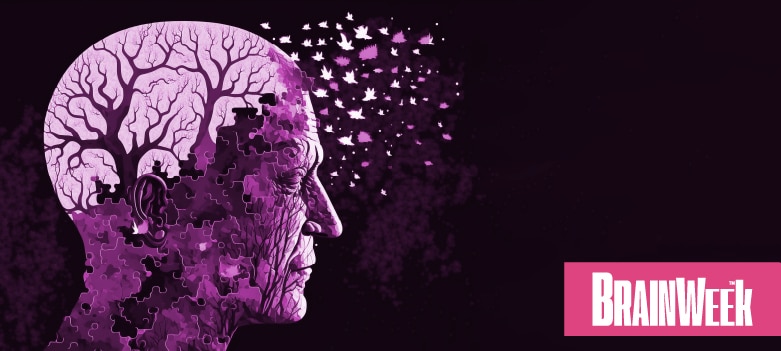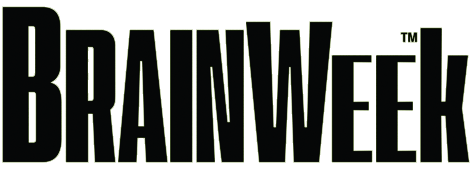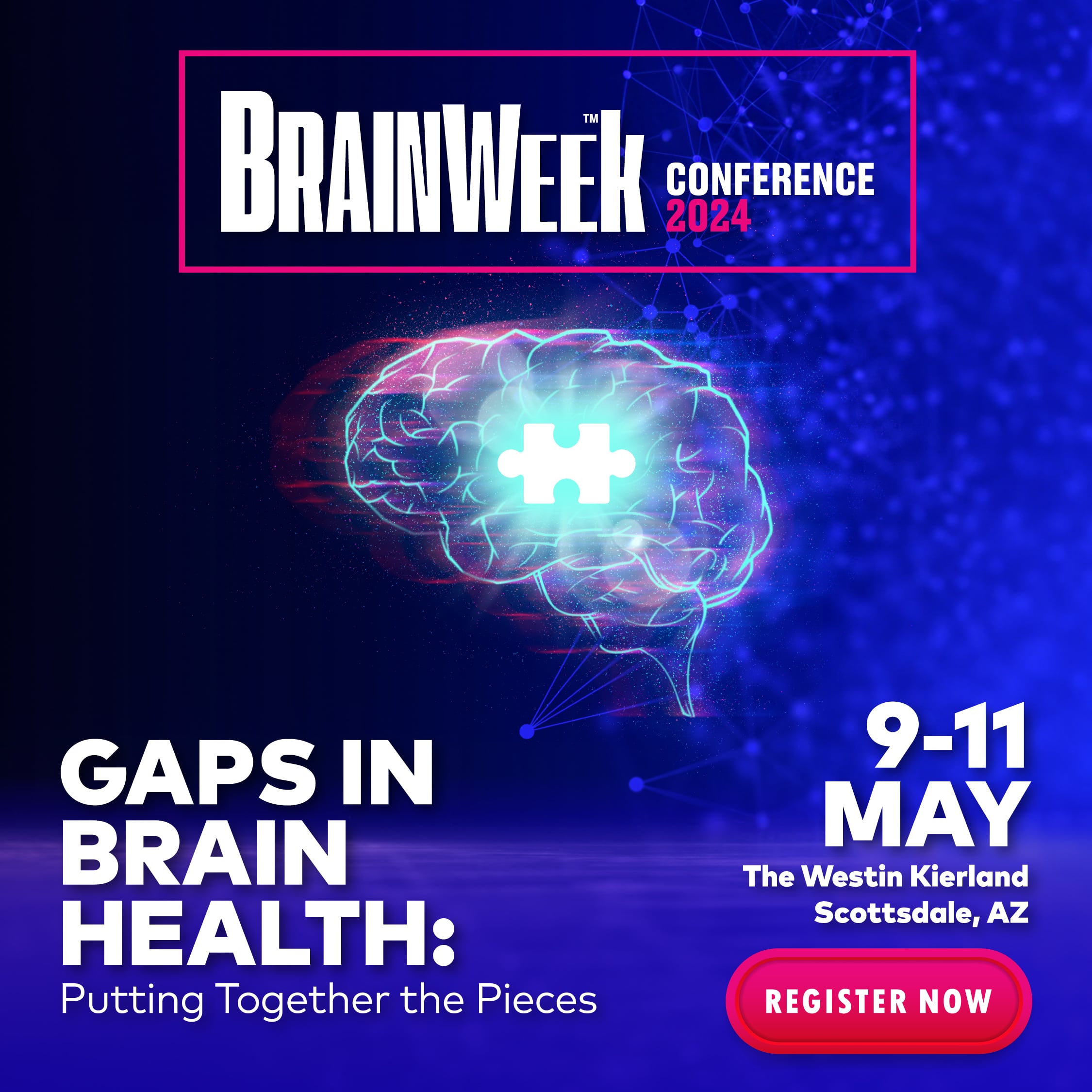
Alzheimer’s Disease: Rising Cases, Lagging Diagnoses, and Undertreatment
Currently, about 6.2 million Americans aged 65 and older grapple with Alzheimer’s dementia (AD), a figure set to balloon to 13.8 million by 2060, barring medical breakthroughs to prevent, slow, or cure AD. In 2011, approximately 4.5 million individuals aged sixty-five and above were living with clinical Alzheimer’s disease. The incidence of Alzheimer’s doubles every five years after age 65, with slightly higher rates among women, particularly after 85.
Up to 50% of individuals with mild cognitive impairment (MCI) go on to develop Alzheimer’s dementia, characterized in later stages by severe memory loss, confusion, cachexia, and behavioral shifts. Despite 85% of Americans favoring early Alzheimer’s diagnosis, over half of primary care physicians (PCPs) feel uncomfortable providing it, as evidenced by only 25%-50% of patients receiving required annual cognitive screening. Physicians cite uncertainty regarding cognitive screening administration and discomfort communicating about it. Moreover, nearly 75% of PCPs struggle to discern MCI symptoms from normal aging.
Overcoming Barriers to Early AD Diagnoses
#1 Leverage Enhanced Cognitive Screenings
Alzheimer’s Association Patient Assessment Tools: Quick cognition assessments by the Alzheimer’s Association, ≤5 minutes long, suitable for primary care or community settings. The Alzheimer’s Association aims for psychometric equivalence or superiority to the Mini-Mental State Exam (MMSE) and ease of administration by non-physician staff, devoid of educational, language, or cultural biases. Patients who fail these tests require further evaluation or referral.
General Practitioner Assessment of Cognition (GPCOG – Part 1): Screens for cognitive impairment; scores <8 warrant completion of Part 2 for additional information.
Mini-Cog: A three-minute test evaluating a 3-item test for recall memory and a scored clock-drawing test, effective after a brief training. It offers results for health providers to determine if a full diagnostic assessment is warranted.
FDA-cleared digital cognitive testing tools for marketing in the US, including Automated Neuropsychological Assessment Metrics (ANAM), Cambridge Neuropsychological Test Automated Battery (CANTAB Mobile®), CognICA, Cognigram, and Cognivue.
#2 Employing Empathetic Communication Strategies
Use the following communication strategies to start open conversations around AD with patients, increasing the chance of earlier diagnosis and treatment.
Use a team-based approach, engaging patient navigators, support staff, caregivers, and family members when possible.
Strive for patient comprehension and empathy, using open-ended questions and clear language.
Recognize concerns and address them with clear, easy-to-understand language.
Be mindful of timing and information overload, as well as offering processing time and resources.
#3 Understand Key Differences of MCI vs. Normal Aging
Early MCI indicators include
Memory loss
Disorientation to time and place
Task completion difficulty
Language difficulty
Impaired judgment, mood, and personality shifts
Struggles with complex mental tasks
These differ from occasional forgetfulness or mild cognitive lapses associated with normal aging signs, such as temporarily forgetting names or appointments or occasionally needing help with electronic devices.
Example of Early MCI vs. Normal Aging
The patient experiences difficulty choosing words, completing sentences, and following directions and conversations. They may repeat and misname items. This is a sign of early MCI, contrasted with a “normal aging” sign of occasionally struggling to find the right word.
Live Learning at BRAINWeek 2024: A Brain Education Conference
At BRAINWeek 2024, the brain health event of the year, you’ll delve into the latest content on updated testing tools and methods for precise AD diagnosis in primary clinical settings. This includes discussions on biomarker roles in Alzheimer’s diagnosis, recent FDA-approved Alzheimer’s Disease treatments, and exploring real-world practices for safely prescribing and monitoring anti-amyloid monoclonal antibody treatments.
Join us at BRAINWeek 2024 to tackle AD and dementia challenges. Acquire the tools needed to bridge clinical gaps, deliver optimal patient care, and foster thriving communities.













